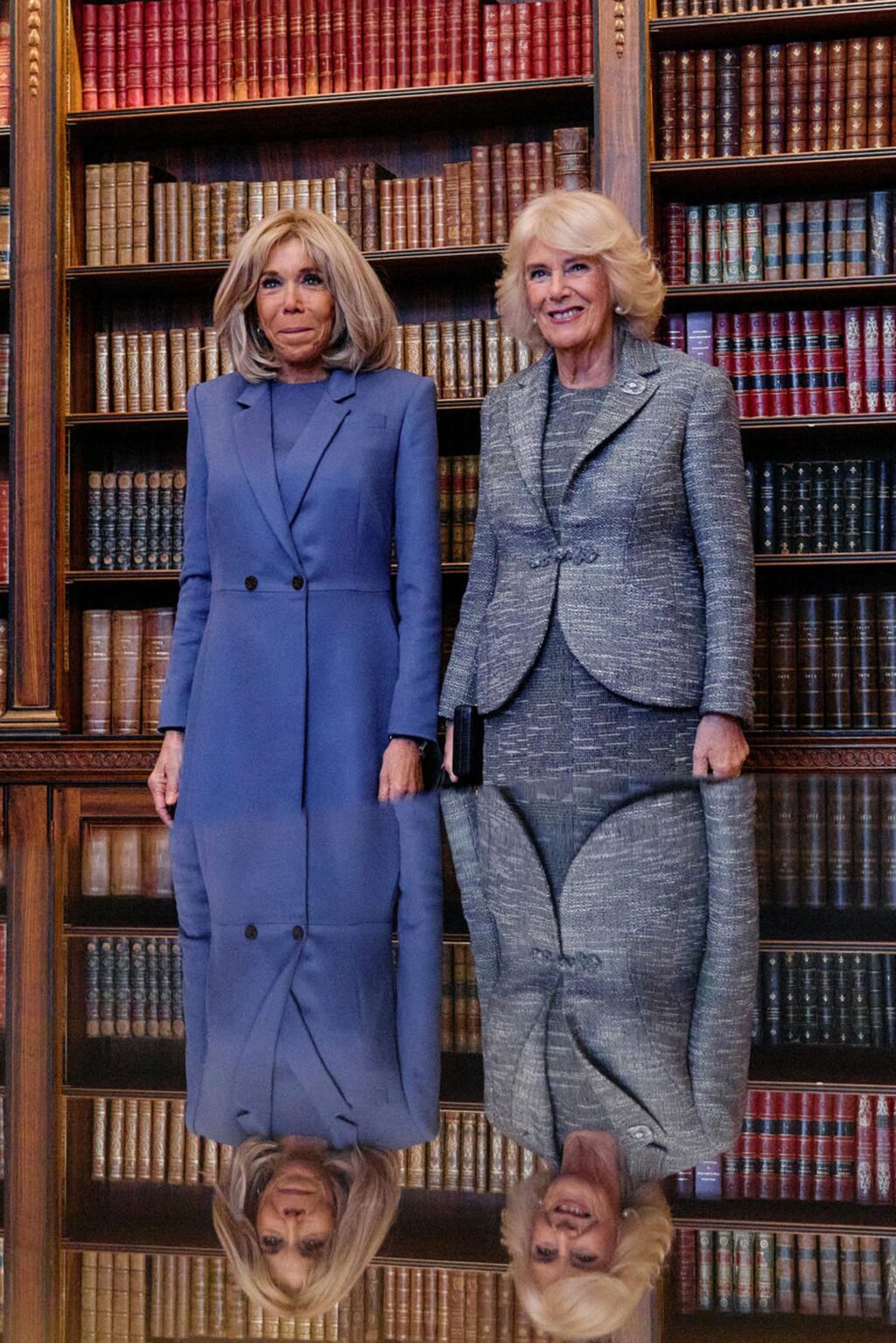
Introduction
Brigitte Macron, the wife of French President Emmanuel Macron, has emerged as a significant figure in French politics and society. Her active involvement in various social initiatives and her unique position as the spouse of the president have made her a central figure in discussions about contemporary leadership and gender roles in politics. As France navigates uncertain times, Brigitte’s influence and advocacy on critical issues have become increasingly relevant.
Brigitte’s Background
Brigitte Macron, born on April 13, 1953, in Amiens, France, was a high school drama teacher before her marriage to Emmanuel Macron. The two met when Macron was just 15 years old, and their relationship began much later, defying conventional societal norms. Her educational background and experience in teaching have fueled her commitment to education reform and children’s welfare.
Advocacy and Contributions
As the First Lady of France, Brigitte has taken an active role in advocating for education, health, and women’s rights. She has particularly focused on issues surrounding youth education, launching several initiatives aimed at improving literacy and emotional support for children. Brigitte has also been a vocal advocate for anti-bullying campaigns, emphasizing the need for a supportive school environment.
In addition to her educational efforts, Brigitte has used her platform to champion women’s rights. She has been involved in various initiatives that support women’s health and empowerment, showcasing her commitment to promoting gender equality in France.
Public Perception and Influence
Brigitte Macron’s public persona has garnered both admiration and scrutiny. She has changed the traditional expectations of a presidential spouse, balancing her role in the spotlight while maintaining a focus on social issues. Her stylish fashion sense and approachable demeanor have contributed to her popularity, with many seeing her as a relatable figure amidst political chaos.
However, she has also faced criticism and challenges, particularly related to her age difference with President Macron and her influence in political matters. Despite this, she remains an unwavering presence in the public eye and continues to advocate for causes that resonate with many.
Conclusion
Brigitte Macron’s role as First Lady of France extends beyond her title; she embodies the modern evolution of leadership within a political framework. By championing education and women’s rights, she has carved out a niche that underscores her significance in contemporary politics. Her advocacy work not only enhances her husband’s political agenda but also contributes to the broader discourse on the role of women in leadership. As France faces future challenges, Brigitte’s continued involvement in social initiatives will likely influence the nation’s direction, making her a key figure to watch in the coming years.



